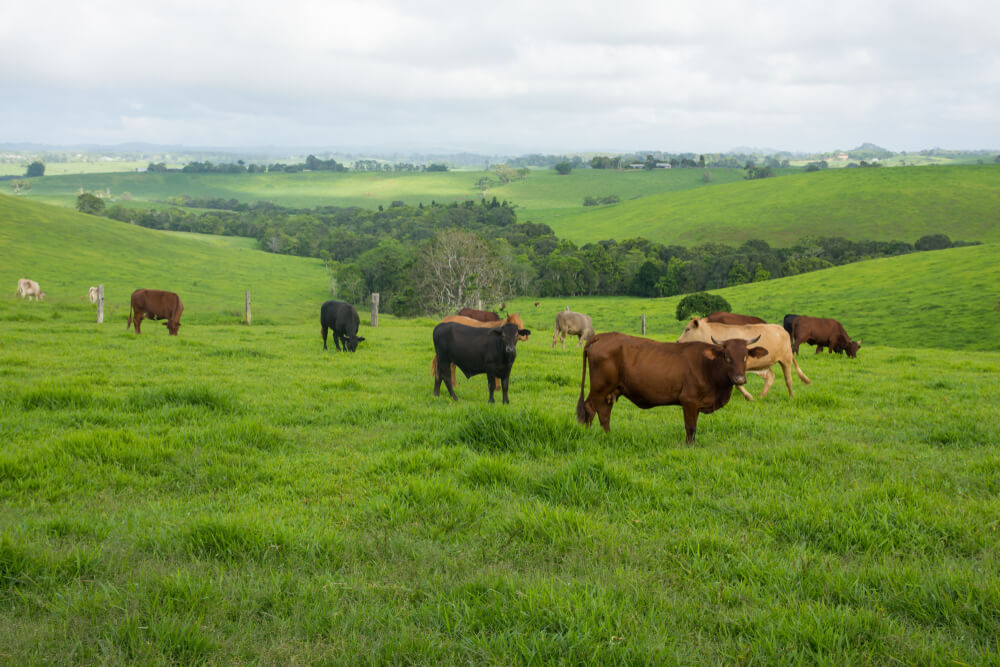Argentina announced the resumption of its beef exports after a month-long hiatus.
On the other hand, the country assured that there will be a gradual reopening to international orders. The current scheme will be subjected to a quota system to prevent a massive blow on domestic operations.
Last month, Argentine policymakers resorted to the cancellation of exports after beef’s domestic prices skyrocketed.
The stimulated appetite for beef amid the pandemic contributed to the overall picture.
In China alone, the consumption of bovine rose in replacement of pork prices which hit a record high during that time.
For the record, the world’s second-largest economy’s hog industry succumbed to African Swine Fever in 2018.
It was only this year that Chinese hog entities managed to recover, with pork supplies now at an overwhelming rate.
Last year, the country’s beef orders totaled nearly 900,000 tons, amounting to $2.7 billion.
Argentina asserted that it will only allow exports at 50% from 2020 levels on the average monthly outflows.
This status quo will remain in place until the end of August. By then, it will be subjected to evaluation on whether it should continue or not.
In a more detailed look at the quota, policymakers resorted to eliminating some beef cuts into the restrictions.
Among the exemptions include special cuts, known to generate a greater amount of revenue for every order.
On the other hand, seven cuts did not make the spare, which are usually household staples.
This will ensure that the domestic market will remain supplied with these cuts, thus preventing prices from going uphill again.
The Cattle Industry is not Happy with the Move
Meanwhile, the Argentine cattle industry received the news with a lukewarm attitude.
Cattle raisers noted that the last thing that the industry needs at the moment is government intervention.
Representatives noted that the 50% restriction will hit farmers heavily, especially the small growers reliant on economies of scale.
Domestic competition among cattle growers remains tough in the world’s fifth-largest beef exporter.
This gives big businesses that have greater production capacities a clear advantage compared to the small farmers.
This, in turn, will create a wide disparity in prices. Consumers tend to gravitate towards sellers offering the lowest price possible.
With this, small growers resort to the international market, through exporting, to receive what they could not sell at home.
Nevertheless, Argentina’s agriculture department assured that the measure will be abolished as soon as they get the sector in order.
















